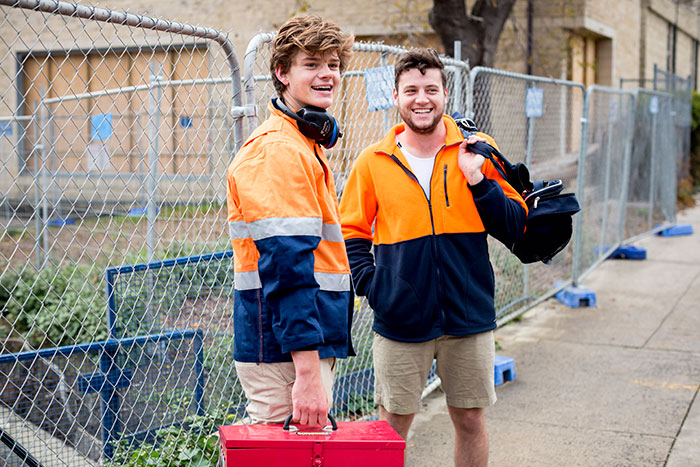Information on your rights
In Australia, we have minimum conditions of employment called the National Employment Standards that apply to all employees covered by the national workplace relations system.
These standards cover things like hours of work, pay and annual leave. You can check them out in more detail.
Pay
We all want to know how much we are going to get paid in our new job. Usually the employers will provide this information either at the job interview stage or once you get an offer of employment. If you're still unsure and/or just want to check that you're getting the right rate of pay you can check online.
Part time/Full time/Contract/Casual - what's the difference?
Full time work is usually a minimum of 38 hours per week and means you will accrue annual leave and be able to access sick leave if necessary. Part time work attracts the same conditions but is anything less than 38 hours a week.
Casual work is different as you generally get paid a higher hourly rate of pay than full time or part time but you don't get any holiday pay or sick leave and are not guaranteed hours each week.
Contract work has a fixed start and end date which is usually written into your employment contract. Lots of the work through labour hire agencies is fixed term or casual.
Probationary periods
Lots of employers now set probationary periods for new employees. This is a period of time (usually 3 - 6 months) which allows for the employer to see if you are right for the job and also a time for you to decide if the job is right for you.
At the end of the probationary period, employers usually meet with you to discuss how you are going and let you know either way if they would like you to stay on with them. If you are an apprentice, this is usually when they will sign all the paperwork for your training contract.
Superannuation and Tax
When you start working you are also required to start paying tax on your income. Your employer sorts all this out for you but you need to provide them with a tax file number. A tax file number can be organised through the Australian Tax Office by taking in your ID and filling in some paperwork, you can contact the ATO on 1300 720 092 . If you get this organised before you start your job hunt, it will be much easier than trying to do it once you start work.
More information on tax file numbers.
Superannuation is money that is put away by your employer to fund your retirement and you have a choice of which superannuation fund you would like your employer to use. Some employers will give you options around this but others ask you to provide your own superannuation fund details. This money cannot be accessed until you retire but the more you put away during your working life, the more you will have to play with when you eventually finish working.
More information on superannuation.
Get professional support
If you feel you need help there are a range of ways we can support you.
